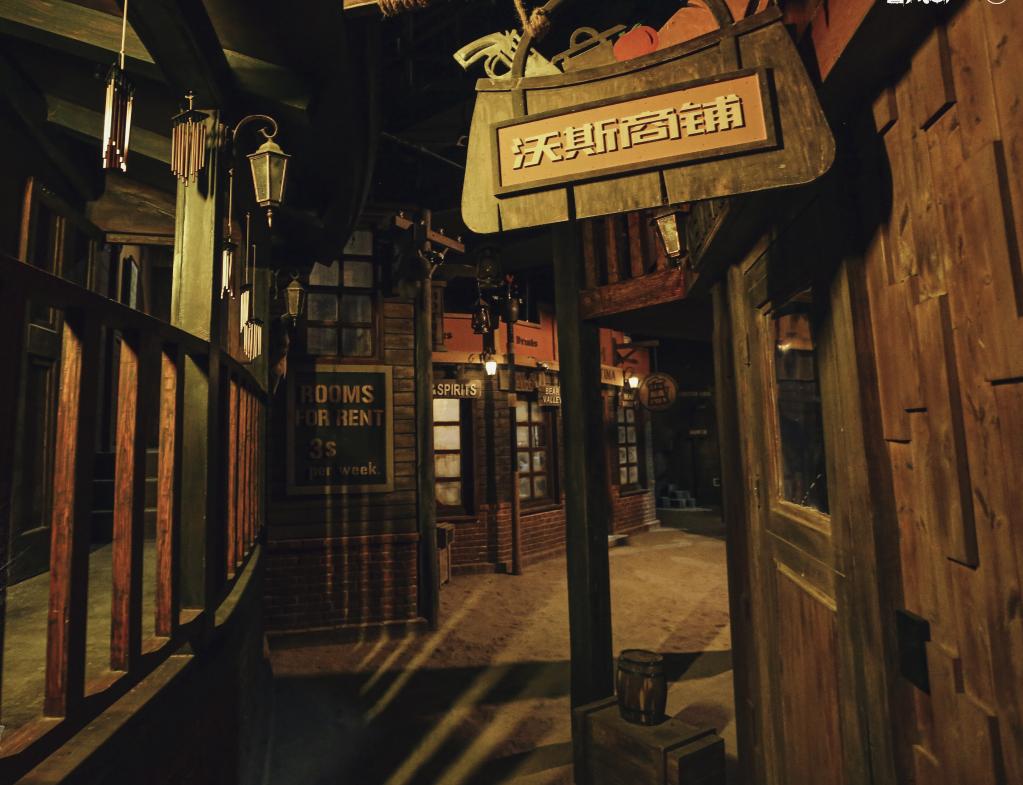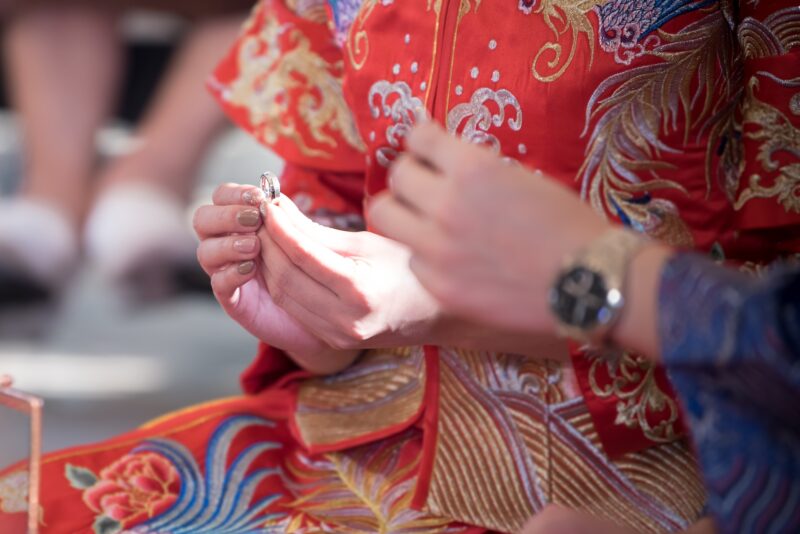After a teen injured himself playing one of China’s trendiest pastimes, a local court has now ruled the escape room centre liable for damages.
The teen, named only as Huang, and six of his classmates, who were all under the of 15 at the time, visited an escape room centre in August last year. Escape rooms are immersive games in which a team locked in a room must work together to escape it by solving clues. During the game, Huang injured his hand on a heavy closing door, fracturing his left metacarpal bone.
A local court in Jiangsu province heard Huang’s case against the unnamed escape room centre and on May 16 ruled the centre liable, citing his “limited capacity” as a minor and the “natural stress response” of moving his hand in front of the door. The centre will pay Huang 18,790.77 RMB (2,669.48 USD) in damages, according to a post from the regional court’s official WeChat account.
Although the centre claimed that the teen’s parent or guardian was at fault, the court did not find sufficient evidence for this. The escape room centre failed to follow industry and government guidelines by not providing sufficient information on the age-appropriate nature of the available game scenarios.
Escape rooms started sweeping Chinese cities as early as 2013 as a way to move video game-style intrigue into the real world. From 2015-17 the pastime moved to the next level with the addition of multiple possible endings, advanced sound and lighting effects, and the opportunity for players to act out specific characters and interact with actors in NPC (non-player character) roles. A reality TV show called Great Escape aired by Mango TV starting in 2019 further boosted the popularity of the game.
Together with jubensha (murder mystery role-playing), escape rooms became the favoured pastime in first-tier and new first cities replacing karaoke bars and movie theatres, according to a consumer insights report. Escape rooms and jubensha have even been branded “the death of karoke bars” after the classic pastime saw a 70-80% drop in footfall since 2020.
The recent court case in Jiangsu is part of an ongoing debate in China over whether minors should be allowed to play these immersive role-playing games. The Ministry of Culture and Tourism recently published new guidance on the jubensha industry, which states that minors should only be permitted to play jubensha on weekends and holidays, and must be accompanied by a parent or guardian. Currently, escape rooms appear to be under less tight regulation, but the Jiangsu court case indicates that escape rooms are increasingly being seen as inappropriate for minors.









